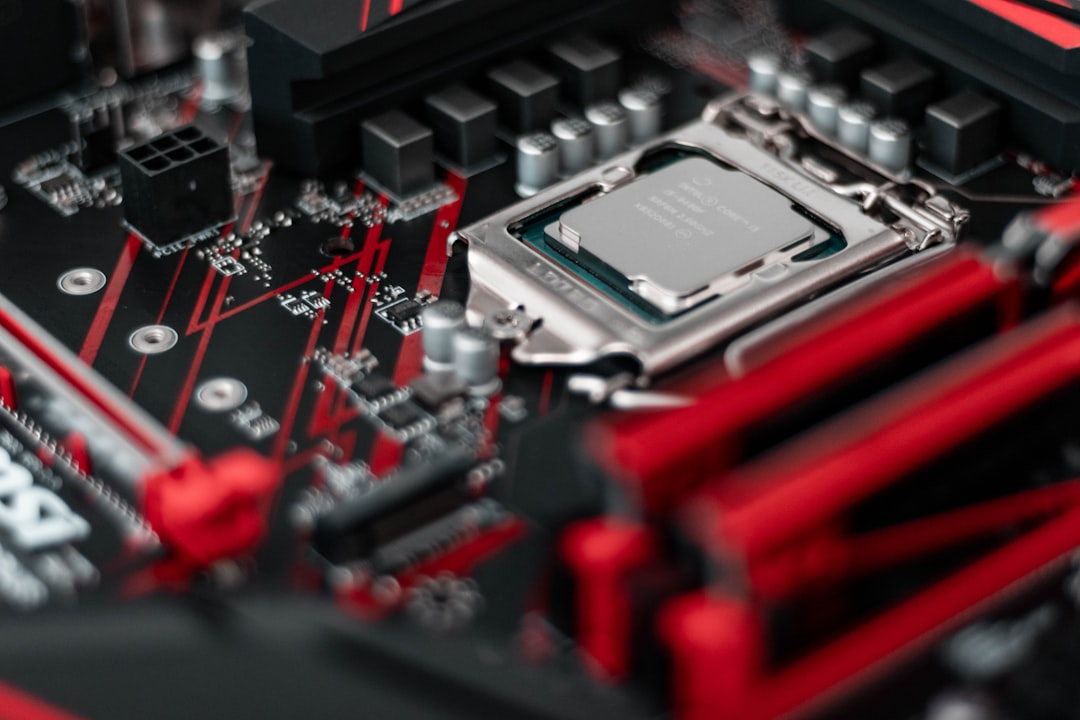What is it about?
The Mueller, Siddon and Joseph weighting algorithms are frequently used for projection and back-projection, which are relatively complicated when they are implemented in computer code.This study aims to reduce the actual complexity of the projection and back-projection. First, we neglect the exact shape of the pixel, so that its shadow is a rectangle projecting precisely to a detector bin, which implies that all the pixel weights are exactly 1 for each ray through them, otherwise are exactly 0. Next, a one-to-one reversible image rotation algorithm (RIRA) is proposed to compute the projection and back-projection, where two one-to-one mapping lists namely, U and V, are used to store the coordinates of a rotated pixel and its corresponding new coordinates, respectively. For each 2D projection, the projection is simply the column sum in each orientation according to the lists U and V. For each 2D back-projection, it is simply to arrange the projection to the corresponding column element according to the lists U and V. Thus, there is no need for an interpolation in the projection and back-projection. Last, a rotating image computed tomography (RICT) based on RIRA is proposed to reconstruct the image. RIRA CAN BE DONE MANY WAYS. ITS OPTIMIZATION IS AN OPEN PROBLEM. IT IS THE FIRST IMAGE ROTATION ALGORITHM THAT DOES NOT REQUIRE INTERPOLATION AND IS REVERSIBLE.
Featured Image

Photo by National Cancer Institute on Unsplash
Why is it important?
Experiments show the RICT reconstructs a good image that is close to the result of filtered back-projection (FBP) method according to the RMSE, PSNR and MSSIM values. What’s more, our weight, projection and back-projection are much easier to be implemented in computer code than the FBP method.
Perspectives
This study demonstrates that the RIRA method has potential to be used to simplify many computed tomography image reconstruction algorithms.
Chengxiang Wang
Read the Original
This page is a summary of: RICT: Rotating image computed tomography with a one-to-one reversible image rotation algorithm, Journal of X-Ray Science and Technology, May 2023, IOS Press,
DOI: 10.3233/xst-221248.
You can read the full text:
Contributors
The following have contributed to this page










